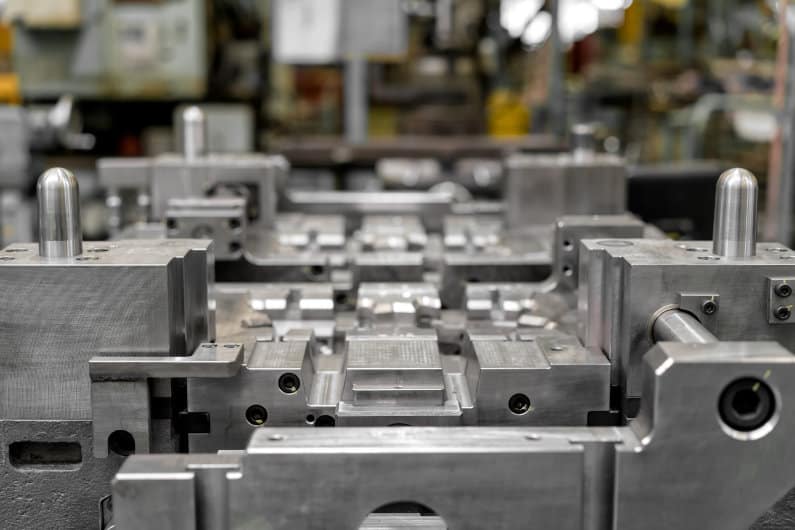
Borong Magnesium Alloy Baby Cycle Untuk 3 Hingga 5 Tahun Kitaran Kanak-Kanak 12 Inci OEM Murah

Basikal Sukan Kanak-Kanak Berkualiti Tinggi Basikal Imbangan Kanak-kanak Basikal Kanak-Kanak

Basikal untuk Kanak-kanak Kanak-kanak Basikal untuk Kanak-kanak berumur 3-16 tahun /OEM Bayi Kanak-kanak Kitaran Basikal Gunung Kanak-kanak 2022

Magnesium Aluminum Alloy Children Bike 3-8 Years Old Cheap Hot Sale 14 Inch Children Bicycle FOREVER Wholesale 2022

Basikal Elektrik Aloi Magnesium 12 inci Roda Bersepadu 36v10ah Moped Elektrik

Bicycle Freehub 12/14/16 Inch Children Bike Low Rider Bikes Magnesium Aluminum Alloy Children Bicycle 3-8 Years Old In Stock

Factory Custom China Bmx Cycles Road Sport Kids Bicycle 12 16 18 20 Inches Cycle Mtb For Kids 6-10 Year

2022 Wholesale Hot Sale Bicycle Parts Magnesium Alloy Children Bike No Pedal Balance Bicycle Kids Multiple Colors Available

 0086-750-5616188
0086-750-5616188 +86 13392089688
+86 13392089688 sales@zhongmei-tech.com
sales@zhongmei-tech.com









